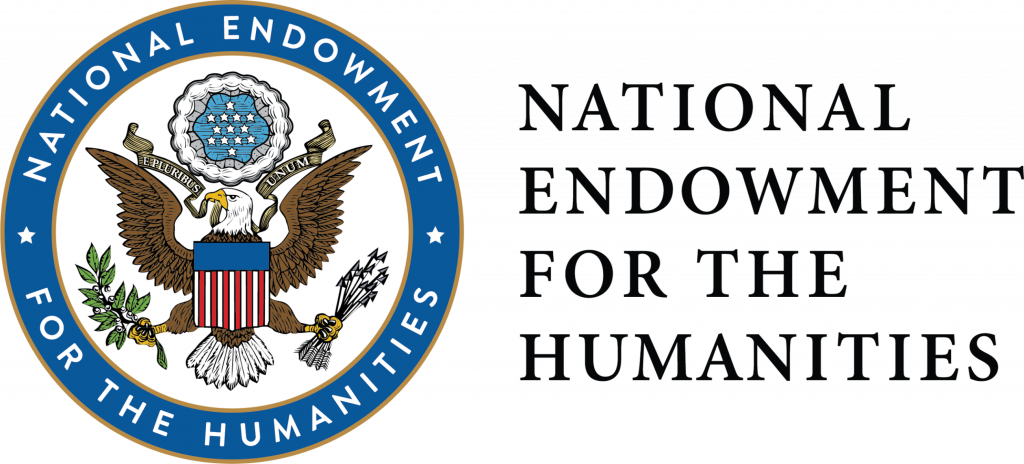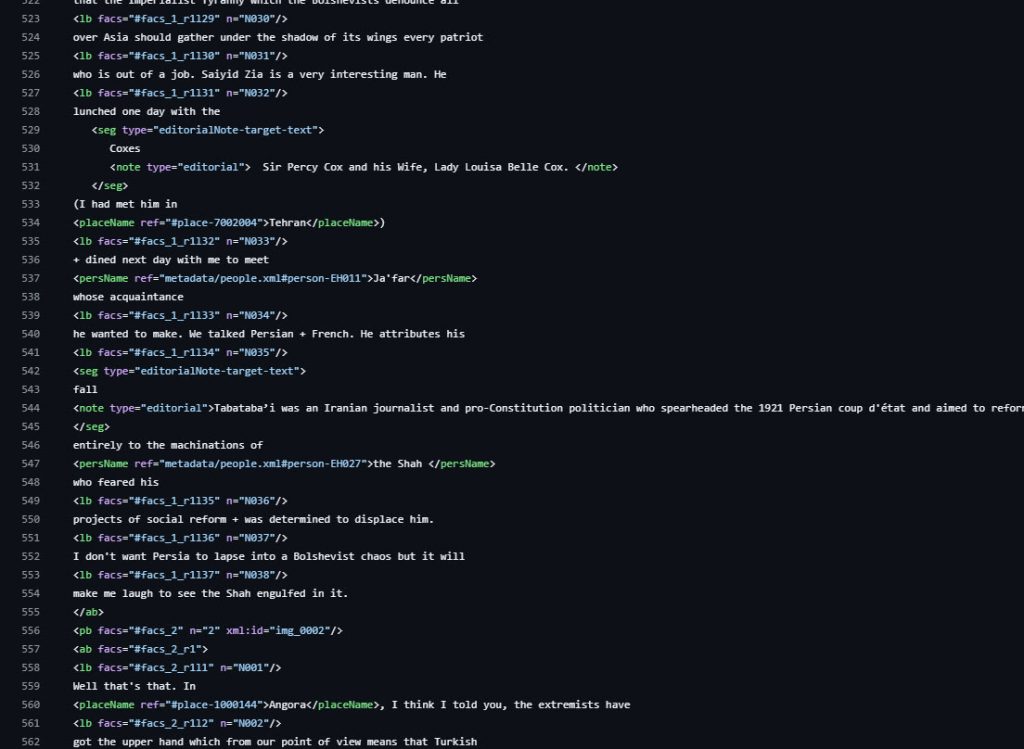Evolving Hands
A collaborative digital scholarship project using Handwritten Text Recognition (HTR) and Text Encoded Initiative (TEI) to enhance the letters of explorer and colonial diplomat Gertrude Bell (1868-1926).

Evolving Hands: building workflows and scalable practices for handwriting is an Arts and Humanities Research Council (AHRC) and US National Endowment for the Humanities (NEH) funded collaboration between Newcastle University and Bucknell University which explores the use of Handwritten Text Recognition (HTR) and Text Encoding Initiative (TEI XML) to improve accessibility of complex cultural heritage materials.

Newcastle University’s case study, led by Principle Investigator Dr James Cummings, uses our UNESCO Memory of the World registered Gertrude Bell Archive of digitised letters, diaries, and photographs (over 12,000 unique items) as its source.
Gertrude Bell (1868-1926) was an explorer and archaeologist, who travelled and worked extensively in the Middle East. Following the First World War, she became a pivotal figure in the creation of the Kingdom of Iraq as an advisor to the colonial British Government, cementing her significant but contested legacy.
The Gertrude Bell Archive was deposited at Newcastle University in 1926 and is co-curated by Special Collections and the School of History, Classics and Archaeology through Professor Mark Jackson. As part of the archive’s iterative curation since the its deposit, Bell’s diaries and letters have been manually transcribed by volunteers.
Special Collections curated a selection of twenty handwritten letters from the Gertrude Bell Archive covering the summer of 1921 and the lead up to the coronation of King Feisal I of Iraq for use in Evolving Hands. The letters cover a crucial period in the formation of the state of Iraq, with eye-witness accounts of political diplomacy and colonialism in action from the heart of the British Administration in Baghdad.

The project began with the creation and training of an HTR model to read Bell’s handwriting and create new transcriptions using the software Transkribus. TEI XML code was then applied to these transcriptions to add contextual information for researchers, with the aim of widening access and understanding of this historically and geopolitically important material. This contextual information ranged from notes on terms, subjects, people, and places, to comments on spellings and annotations within the letters.

This process was completed by placement students and archivists, with support and guidance from academic colleagues with expertise in Digital Scholarship, including Dr Tiago Sousa Garcia and Newcastle University’s Research Software Engineering (RSE) team, as well as our Digital Library Services (DLS) team.
Evolving Hands has been both practical and methodological in its output, with the final phase involving reflection on and dissemination of the process and the creation of guidance for cultural heritage professionals, as well as the addition of the HTR and TEI-enhanced interpretation to the Gertrude Bell Archive website.

